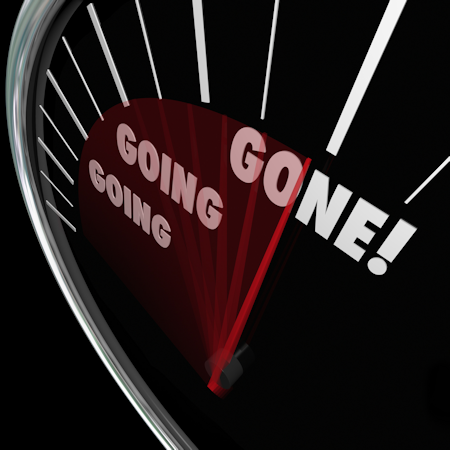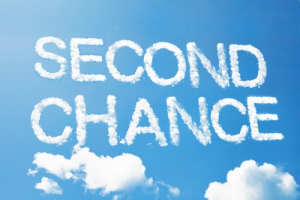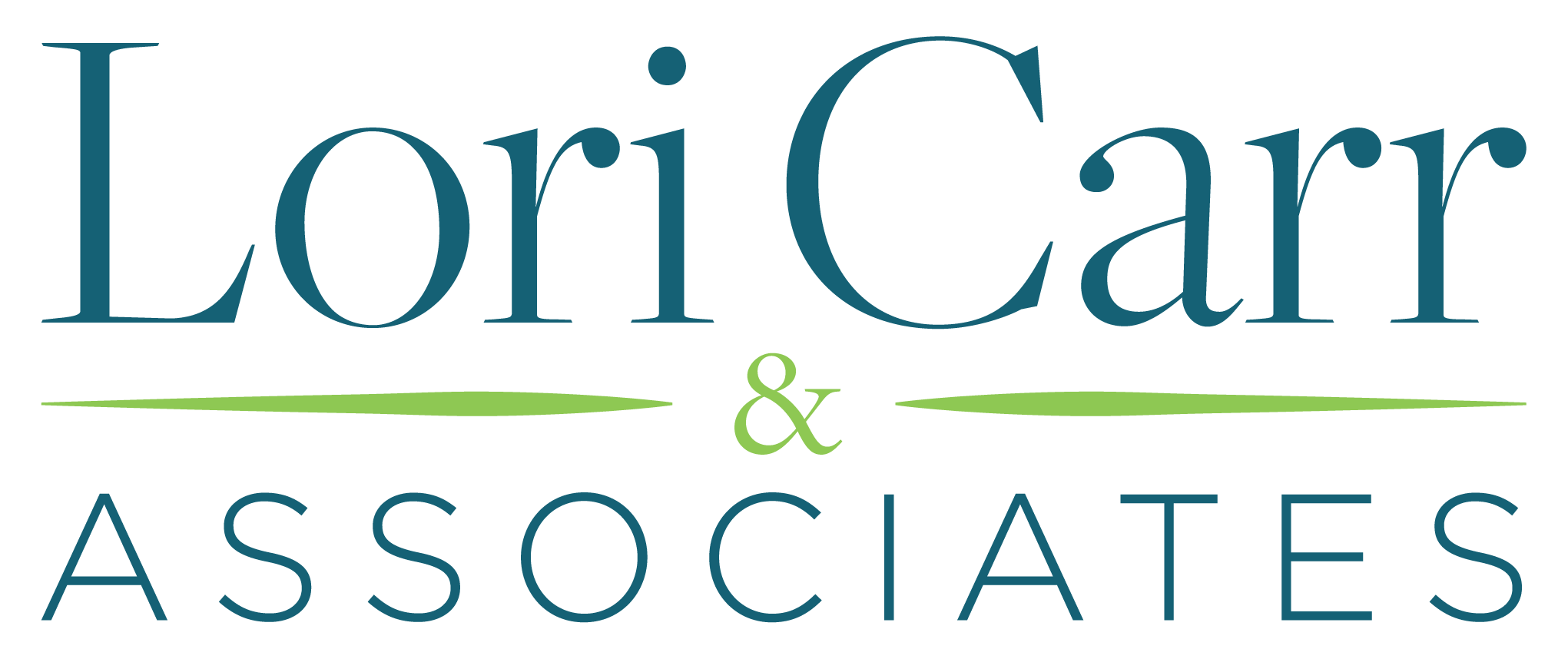- Want to learn more?
- [email protected]
What You Must Know to Win Customers Back

Loyalty Programs: The High Value of Attachment
November 24, 2014
Getting [Employees] Engaged: Secrets to Happily Ever After
December 11, 2014What You Must Know to Win Customers Back

 Did some of your customers leave? Don’t let it end there. It could just be that the most easily tapped source of new customers is your pool of lapsed customers—and winning them back could be as simple as asking them to return and giving them a good reason. Reach out to understand what happened; ask them what they would need to become a customer again; tell them about the changes you’ve made to resolve the issues that led to their departure, if that’s appropriate; share your exciting roadmaps and future vision; entice them to come back with a loyalty offer they’ll value—and then keep them with excellence in both customer experience and value. A lost customer is not a lost cause.
Did some of your customers leave? Don’t let it end there. It could just be that the most easily tapped source of new customers is your pool of lapsed customers—and winning them back could be as simple as asking them to return and giving them a good reason. Reach out to understand what happened; ask them what they would need to become a customer again; tell them about the changes you’ve made to resolve the issues that led to their departure, if that’s appropriate; share your exciting roadmaps and future vision; entice them to come back with a loyalty offer they’ll value—and then keep them with excellence in both customer experience and value. A lost customer is not a lost cause.
I’ve talked a lot about creating high retention and preventing customer churn in my Mend the Holes in Your Leaky Bucket series. The proactive, anticipatory nature of customer retention efforts is crucial. Yet, the reality is that some customers will lapse or quit your company outright, for a variety of reasons. Let’s face it: you’ve disappointed them, they found a better deal, their budget changed, or your product wasn’t the best fit in the first place—so now you need to make amends and create value for them, again. Not every customer can be won back, but many can, and that’s why winback is part of my top 10 best practices retention strategy.
Key questions to ask yourself: Are you doing anything at all to win back lost customers? If not, what might you do about customers who have left, and do you even want all of them to return?
Certain compelling facts may encourage you to create a winback strategy for your company. First, you become a lethal competitor when your customer acquisition, retention, and winback programs are fully developed and deployed—tightly aligned, systemic, data-driven, customer-centric approaches are the winning combination. Your customers won’t even think about your competitors if you follow all of the practices outlined in Mend the Holes in Your Leaky Bucket article. Not yet convinced? Consider these additional facts:
- It costs 60–70% more to acquire a new customer than to keep those you have.
- A 5% increase in retention can result in up to a 90% increase in bottom line profits.
- There is 20–40% probability of successfully selling to lost customers.
- This simple process can instantly increase revenues, sometimes dramatically.
There are many ways to go about winning back customers. I especially like the process that my friend Jill Griffin, “The Loyalty Maker,” outlines in her book Customer Winback, and in her Frequently Asked Questions about the topic.
Building a high-power, B2B customer winback program starts with understanding company priorities and the unique needs of the customers to whom you want to resell. Then, a data-driven, customer-centric program is used to directly target those former customers in order to drive value, which recreates the client relationship in a way that uniquely supports your company’s specific goals.
The sequential steps required for building a winback program should culminate in either a direct outbound phone call campaign or a digitized marketing outreach to the desirable customers you’ve identified. These steps require prioritized effort to deliver the kind of financial performance that can be expected from highly targeted, high-value winback programs. The series is as follows:
 Recognize customer loss, get your arms around the problem, and measure lost revenues. Determine who left your company and why. Create an exit process, whether that’s an interview upon departure or an automated process tracking the reasons why customers leave; understanding your loss problem provides the necessary details to help you create new value for former customers. Determining whether lost accounts were profitable, neutral, or not profitable is also very important, because not all customers are worth saving. Now, you’re ready to decide which customers you want back and to create a plan of action.
Recognize customer loss, get your arms around the problem, and measure lost revenues. Determine who left your company and why. Create an exit process, whether that’s an interview upon departure or an automated process tracking the reasons why customers leave; understanding your loss problem provides the necessary details to help you create new value for former customers. Determining whether lost accounts were profitable, neutral, or not profitable is also very important, because not all customers are worth saving. Now, you’re ready to decide which customers you want back and to create a plan of action.
To successfully reacquire customers, build a systemic winback process and use it consistently. Use data-driven insight to define individual customers’ needs and entice them back in ways that they’ll find specifically valuable. Determine how long customers have been gone and whether contracts with their new vendors are about to expire. Find out the details of whether new vendors are meeting their needs (especially if they’re not) so you can open the door to a renewed conversation with lapsed customers about how your company will meet their needs this time. Also, develop an “at-risk” profile to help prevent future loss, and build the newly acquired knowledge back into your retention management system—upstream—so you don’t keep losing customers for the same reasons as you go forward.
Create targeted conversations and offers to win your customers back. Leverage outbound call campaigns or digital marketing to reengage former customers, using your intimate understanding of their needs and priorities. Whether by phone or email, let those customers know that you want them back and that you’re going to make it worth their while. Rebuilding the relationship during the process creates trust, which is as valuable as the sale. Utilize special service level agreements and conditions and become personally involved to demonstrate your commitment. Prove that the issues that drove them away have been resolved systemically.
Once you’ve developed and implemented these steps for your winback program, you can measure your progress, adjust where needed, and recast your efforts to drive more reacquisition of former customers, thereby accelerating company growth.
 A deliberate, proactive focus on reselling to former customers is a key component of the integrated customer experience strategy that your company—any company—must have, and commit to, in order to attain brand excellence and customer-centricity. It’s difficult, and highly unlikely, to achieve high retention simply by default. It’s much easier to achieve high retention by design: e.g., a well-thought-out and carefully executed strategy.
A deliberate, proactive focus on reselling to former customers is a key component of the integrated customer experience strategy that your company—any company—must have, and commit to, in order to attain brand excellence and customer-centricity. It’s difficult, and highly unlikely, to achieve high retention simply by default. It’s much easier to achieve high retention by design: e.g., a well-thought-out and carefully executed strategy.
Your continuous investment in ongoing conversations with customers differentiates your company from your competitors and firmly establishes a strong link to customers’ long-term loyalty. If done correctly, a winback program is a low-risk, high-reward, customer-centric acquisition strategy that I highly recommend.
Stay tuned weekly as I delve more deeply into the remaining best practices for higher customer retention identified in Mend the Holes in Your Leaky Bucket. This 10-article series will give you valuable insights and guidance as you plan, develop, and implement your own customer retention strategy.
Ready to move forward more quickly? Interested in personal assistance? Let’s chat. Please sign up for my complimentary one-hour Customer Insight Strategy Session by calling our office at 617.848.4589 or emailing [email protected].
Lori Carr is a customer experience pioneer and expert. Working with Fortune 500 companies for the past 25 years, she helps popular brands and emerging brands to dramatically increase retention, loyalty, and profitable revenues.



